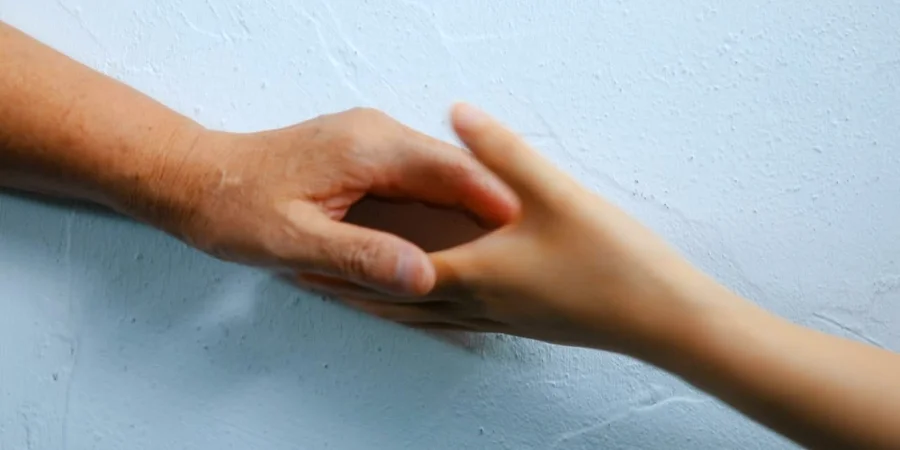
Written by:

Medically Reviewed by:
Last Updated:
July 11th, 2025
Opioid Rehab | Opioid Addiction Treatment
What is opioid rehab?
Opioid rehab is a focused treatment programme that helps you recover from a dependency on drugs like codeine, morphine, oxycodone, heroin or fentanyl. These substances don’t always start out as a problem. Some are prescribed, others are used to cope, and some simply enter your life during a difficult moment.
But opioids have a way of taking over, and before you know it, you realise they’re running the show.
Opioid rehab gives you space to pause that cycle and uncover the real reasons behind your opioid addiction.

What setting can opioid rehab be taken in?
You can go through opioid rehab in either an outpatient or inpatient setting. Outpatient treatment means attending sessions during the day and returning home at night. This may suit you if your use has been mild, or if you’ve already begun to cut down and need support with the next step.
But opioid addiction often runs deeper than people expect. If your body has developed a physical reliance, or you’re dealing with cravings that feel impossible to control, inpatient rehab is likely the better option. At Primrose Lodge, inpatient care removes you from triggers, offers structured support, and helps you manage withdrawal symptoms in a safe and understanding environment.
Do I really need opioid rehab?
As is the case with most addictions, there are warning signs, but they’re not always obvious to yourself. This is no different when it comes to opioids. If you’re wondering whether it’s really time for rehab, consider this:
- Have you tried to stop using opioids but found you couldn’t?
- Do you feel physically unwell or anxious without them?
- Are you using more than you originally planned?
- Have relationships or responsibilities suffered because of your use?
- Do you feel like opioids are the only way to cope?
Even if just one of these signs hits home, it could be time to reach out to the professionals.
What does an opioid rehab programme involve?
At Primrose Lodge, opioid rehab is designed with care and structure. We know how heavy opioid dependency can feel, both physically and emotionally, and we don’t expect you to carry it alone. Here’s how our opioid rehab programme is structured.
We’ll guide you through this process with care. Medication can be used when necessary to ease symptoms and reduce the risk of relapse. The goal is to help you stabilise and begin healing with as much comfort and safety as possible.
There’s no rush to bare everything at once. We meet you where you are, and go from there.
A closer look at therapies used in opioid rehab
Every therapy we use is carefully chosen to help break the mental and emotional hold opioids can have. Opioid addiction affects how you think, feel, connect, and cope. These therapies are designed to help you untangle those effects and build a way forward that feels more stable and less dependent.
Here are the therapies we use for opioid rehab:
What opioids don’t treat
Opioids are powerful. They block pain, calm the mind, and offer a kind of quiet that can be deeply seductive when your life feels loud or hard to bear. It makes sense that people turn to them.
But they don’t fix what’s underneath. They don’t take away grief, or fill in what’s missing, or make the past easier to live with. They delay it and eventually, the pain you were trying to dull starts pushing through anyway. Now, it’s mixed with the effects of withdrawal and fear of losing control.
Rehab helps you begin to face that pain without the filter. Our job is to make that feel possible. Slowly, gently, and with real support.
Learn more about rehab treatment for different opiates
Buprenorphine addiction treatment
Click the button below to learn more about buprenorphine addiction treatment.
Codeine addiction treatment
Click the button below to learn more about codeine addiction treatment
Dihydrocodeine addiction treatment
Click the button below to learn more about dihydrocodeine addiction treatment.
Fentanyl addiction treatment
Click the button below to learn more about fentanyl addiction treatment.
Methadone addiction treatment
Click the button below to learn more about methadone addiction treatment.
Morphine addiction treatment
Click the button below to learn more about morphine addiction treatment.
Oxycodone addiction treatment
Click the button below to learn more about oxycodone addiction treatment,
Tramadol addiction treatment
Click the button below to learn more about tramadol addiction treatment.
Vicodin addiction treatment
Click the button below to learn more about Vicodin addiction treatment.
Ready to start healing?
Opioid rehab at Primrose Lodge is a place to recover without being judged or rushed. Whether your use began with a prescription or something else entirely, you deserve to feel stable again. If you’re ready to stop coping through opioids and start feeling like yourself again, we’re ready when you are.



